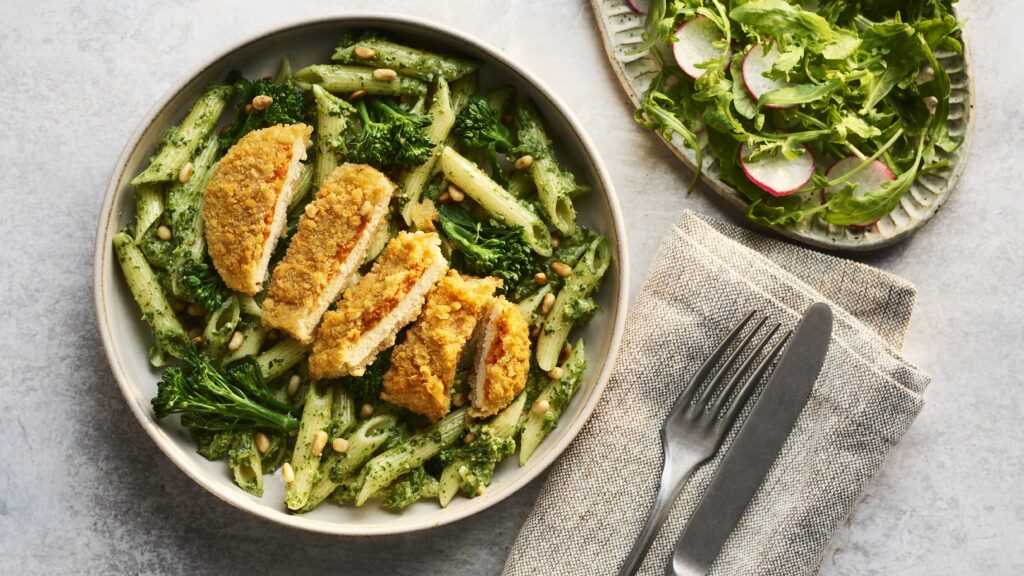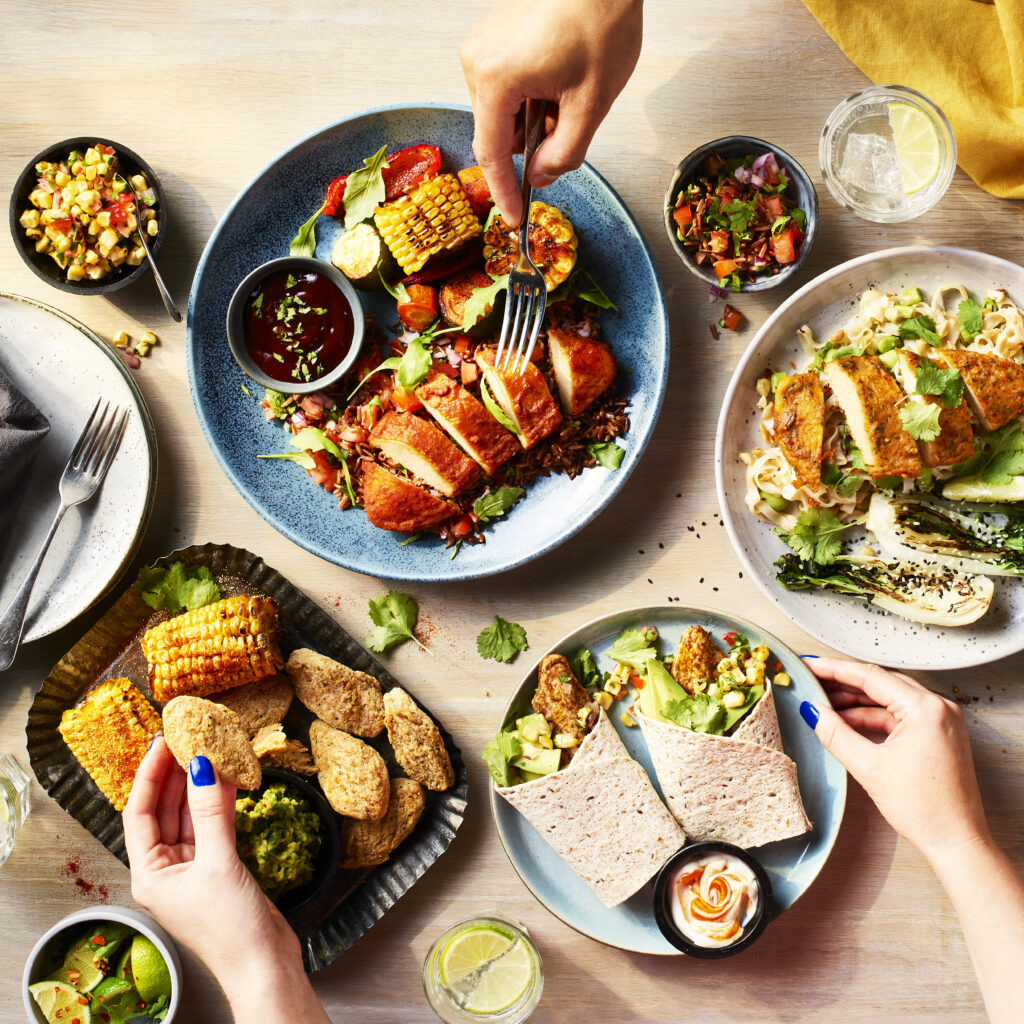4 Mins Read
Marlow Foods, the parent company of Quorn and Cauldron Foods, saw pre-tax losses surpass £60M in 2023, four times higher than the year before.
As the wider meat analogue category struggles, the company behind the UK’s leading meat-free business, Quorn Foods, is feeling the heat too.
Marlow Foods, which makes Quorn and Cauldron Foods, recorded a £63.4M pre-tax loss in 2023, according to newly filed accounts, a fourfold increase from the £15.4M it lost last year. Even after a tax credit, the company’s losses exceeded £50M.
The alternative protein giant primarily blamed “the material external pressures of input cost inflation and the decline in demand in the UK and US retail markets”. When discounting redundancy-related costs and the impairment in value at its production facility in Billingham, the underlying operating loss was at £10.6M for 2023, a figure £9.7M higher than the year before.
Revenues also slumped by 7% to just under £205M, the group’s lowest since 2017. It means Marlow Foods – which was bought by Filipino food giant Monde Nissin in 2015 – last made a pre-tax profit in 2021, when it gained £7.3M.
And while the business managed to cut its selling and distribution costs by nearly half, its cost of goods has soared, causing gross profit to decline from £65M in 2022 to just £1.4M last year.
“Inflationary pressures had a major impact during 2023 with the prices of energy, commodities and other inputs rising significantly above historic levels,” read a statement by the board. “These pressures eased through the year, but costs remained elevated.”
Foodservice delivers hope amid layoffs and strategic exits

The decline was largely due to the company’s retail performance, where sales fell by 8.6% to £171M. It also suffered losses in the quick-service restaurant sector, with revenues down by 11% – here, its sales of meat-free chicken to KFC across Europe were offset by a decline in business at Greggs.
But the group’s foodservice fortunes were positive. Rebranded as Quorn Pro this year, this segment saw sales jump by 5% to £28M. Meanwhile, the new Marlow Ingredients division – which supplies Quorn’s mycoprotein to meat and dairy analogue producers – began initial sales worth £300,000.
Marlow Foods suffered losses both at home and internationally. In the UK, its revenue decreased by 6.7% to reach £160M, while its rest-of-world sales totalled £15M, a 26% drop. That said, KFC’s take-up of its vegan chicken outside the UK helped swell revenue by 7% and reach £28.7M.
To stem the flow, the group restructured its UK operations this year, which involved redundancies in retail, supply chain, research and development and support functions. It also made cutbacks at its aforementioned Billingham factory.
And in the US – where it depreciated the value of its £17.7M investment to zero in 2022 – the company narrowed its business by exiting from a number of retailers and foodservice points, cutting back on marketing spend, and conducting a number of layoffs.
Quorn CEO Marco Bertacca called it “a challenging year”, but retreated the brand’s position as the market leader in the UK. “Our business has evolved over time, and we are now at the forefront of helping everyone eat less meat,” he said. “We truly believe that there’s nothing quite like mycoprotein. Fungi and fermentation can be the protein solution the planet needs.”
Quorn looks to blended meat for turnaround

“The group took steps to minimise the impact of this inflation through competitive sourcing, selective forward purchasing and internal efficiency initiatives as well as through increasing the selling prices of some of its products,” Marlow Foods’s board stated in the filing.
“However, the group seeks to protect its customers and consumers from increased costs and inflationary input cost increases were only partially recovered through selling price increases.”
Quorn remains the UK’s bestselling meat-free brand, while Cauldron Foods was only recently displaced as the second on the list by fellow tofu maker The Tofoo Co. “The group continues to plan for a return to sales growth and profitable trading, taking into account known macro-economic and geo-political risks,” the filing read.
As a marker of its turnaround strategy, Quorn announced in June that it had partnered with the UK’s National Health Service (NHS) to provide its mycoprotein to be mixed with meat for blended burgers and sausages in hospitals.
“Once upon a time, we were effectively competing with the meat industry – only making products that were alternatives to theirs, and encouraging people to switch. Of course, we still offer these products, but as human knowledge has evolved, businesses are evolving, including ours,” Bertacca told Green Queen at the time.
“The category, like many others, has seen a slowdown, but we must not forget that comes against the backdrop of many consecutive years of incredible growth in meat-free eating,” he added. “Now is the time to start talking about the solutions we can achieve together as an industry, rather than focusing on the challenges.”



